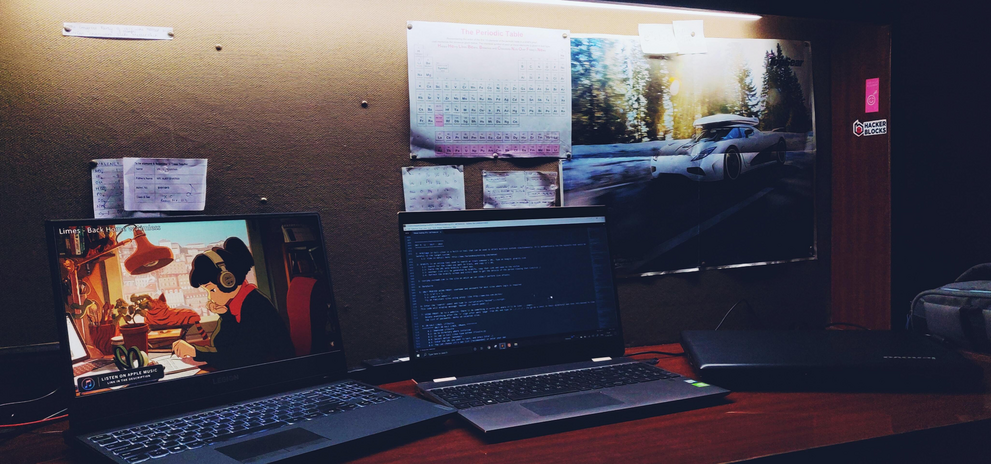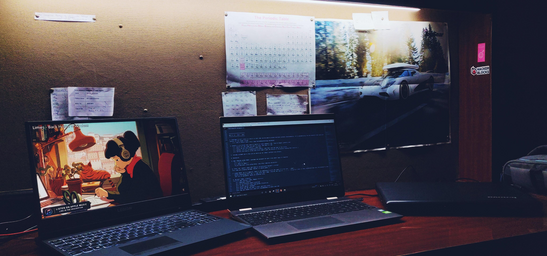As midterms roll around, it’s that time in the quarter where I have to put on my thinking cap to write multiple essays for my classes while simultaneously balancing the never-ending stream of assignments and non-school-related work stacked on top of that. There are days when it’s easy to channel my inner writer, but more often than not, there is a looming wall that blocks any ideas from being transferred onto paper. It’s stressful and frustrating to sit at my desk with a blank document after trying to formulate something for hours, but I’ve found a way to ignite my inner writer again — and that is by listening to lo-fi music.
What is Lo-fi?
Lo-fi is the shortened version of the term “low fidelity,” in which sound recordings are purposefully made to be undifferentiated or “bland” as some may criticize. The shapeless and wordless music often mixes jazz, soul, hip-hop, and nostalgia to create inconspicuous beats with a steady pulse that lulls your brain. The scientific explanation is that there’s a formula that incorporates spatialization, salience, and amplitude modulations when generating lo-fi music.
Basically, it is neither too slow that it causes you to doze off, nor too fast that it makes you amped up. At the same time, it’s neither so dull that you forget it entirely nor so engrossing that it distracts you from working. The music will affect your mood, and thus affect your cognition and productivity.
Why should you listen to Lo-fi?
Even if you haven’t listened to or heard of Lo-fi before this article, chances are you’ve come across the “Lo-fi girl”, a.k.a. the concentrated ponytail anime girl with headphones on, sitting in a picturesque bedroom while scribbling words in her notebook, before. The atmosphere is calm and it looks as if nothing can break her out of that moment. This looped scene parallels the effect that Lo-fi has on its listeners.
Ultimately, you become “cocooned” or safeguarded from the harsh and complicated world that constantly demands our attention, and for several hours, it feels as if time stands still. A waft of soft sounds eases your mind and aid in your ability to focus. Every time I’m stressed, I’ve always found myself tuning in to Lo-fi music as an escape into a safe space where my ideas can flow. If you’re looking for music that can reflect how you feel and ease your struggles, then Lo-fi is where it’s at.




